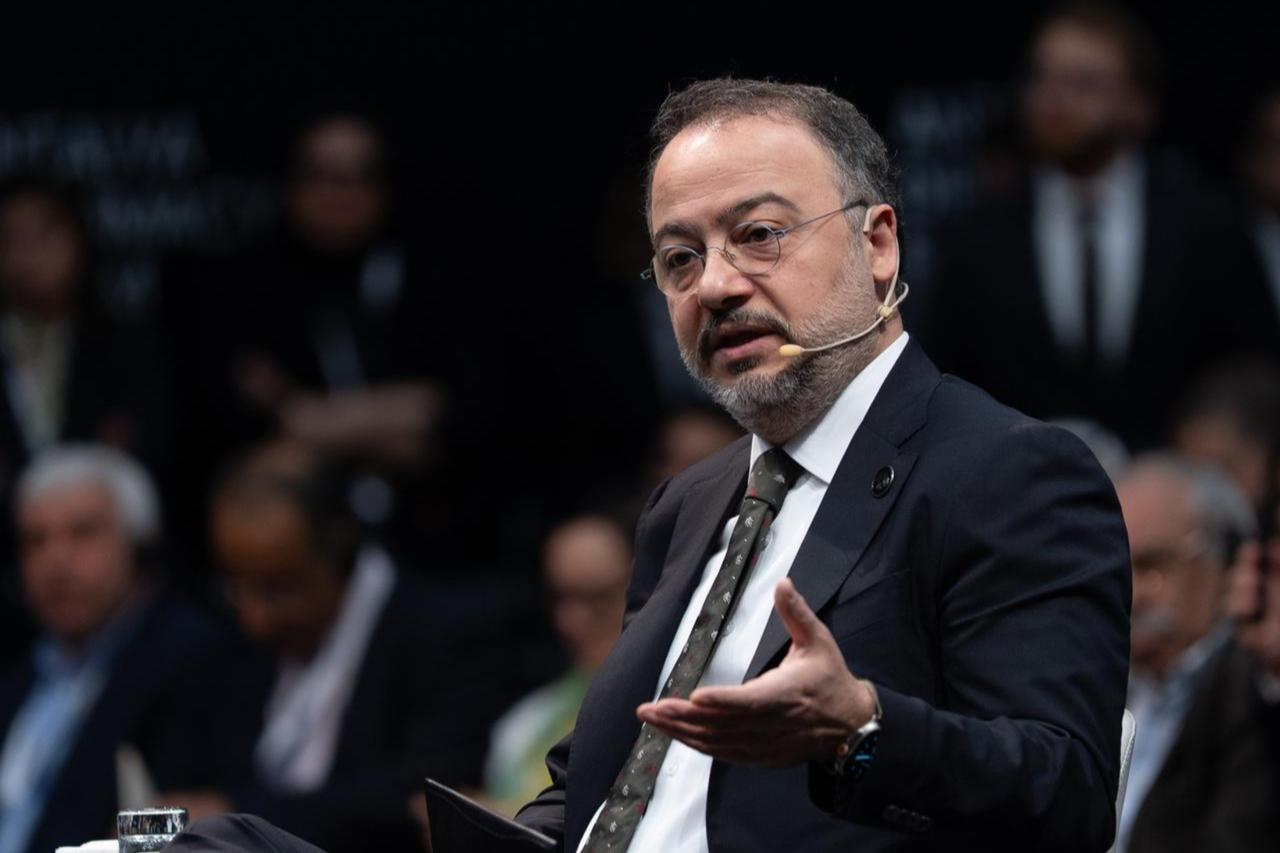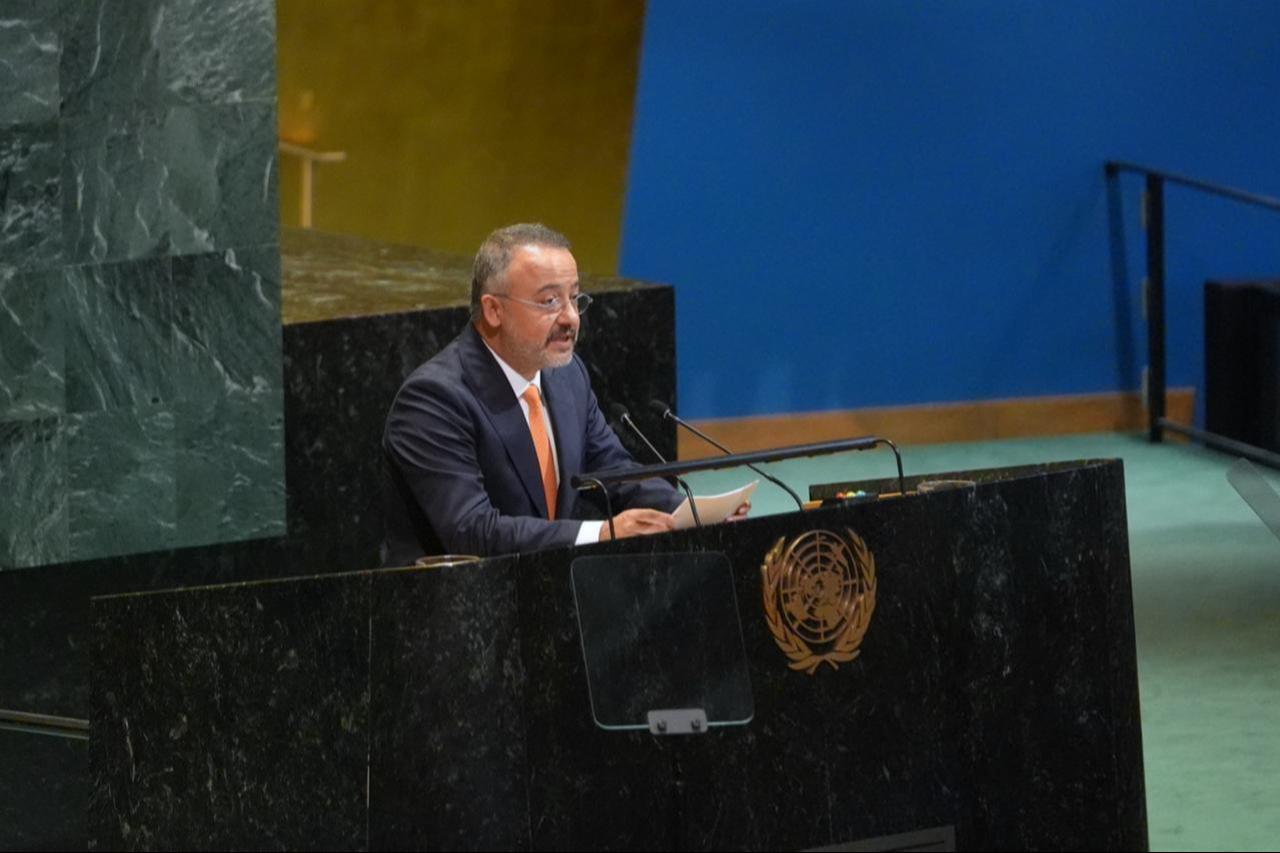
In a surprise move, Turkish Deputy Foreign Minister Nuh Yilmaz has been appointed as Ambassador to Syria.
With this appointment, Türkiye has raised its level of diplomatic representation in Damascus from Chargé d’Affaires to Ambassador.
More importantly, however, the appointment of Yilmaz signals the strategic importance that Türkiye attaches to Syria.
Yilmaz is not an ordinary career diplomat. His career in government began at Turkish intelligence, where he worked for 10 years alongside the former intelligence chief, Hakan Fidan.
After a decade in intelligence, when Hakan Fidan was appointed Minister of Foreign Affairs, Yilmaz followed him to the ministry.
He initially began his work there as the head of the Ministry’s Center for Strategic Research (SAM). Less than a year into this role, Yilmaz was promoted to Deputy Foreign Minister.
In that position, Yilmaz handled several key portfolios and was arguably the most prominent among the deputy ministers working under Fidan.
Among his many responsibilities, he was in charge of the Syrian file. As is known, the Turkish president established an inter-agency committee to coordinate Türkiye’s policy toward Syria.
This committee, responsible for making and coordinating policy, was chaired by Vice President Cevdet Yilmaz. However, its subcommittee tasked with the implementation and technical aspects of Türkiye’s Syria policy was headed by Yilmaz.

In Ankara, Yilmaz was well known for his deep knowledge and sustained interest in Syrian affairs, which likely began before his role in the Foreign Ministry.
Furthermore, given his career trajectory, Yilmaz is considered a close associate of Fidan, who himself is known for playing a decisive role in shaping Türkiye's Syria policy.
For this reason, Yilmaz will likely not simply serve as a career diplomat conducting routine diplomatic business in Damascus. Yet, he will also not act as a special envoy for Syria—since the Turkish bureaucracy traditionally struggles with such ad hoc positions.
It can be assumed that Yilmaz’s background in Turkish intelligence will enable him to coordinate more effectively between the Foreign Ministry and the intelligence apparatus.
With insider knowledge and experience from both institutions and an understanding of their internal mechanisms, Yilmaz is expected to accelerate policy implementation across the various layers of Türkiye's bureaucracy.
The appointment of Yilmaz as Ambassador to Damascus is therefore a clear signal that Türkiye aims to deepen relations with Syria and pursue a more efficiently executed policy toward its southern neighbor.
In short, this appointment is far from ordinary.